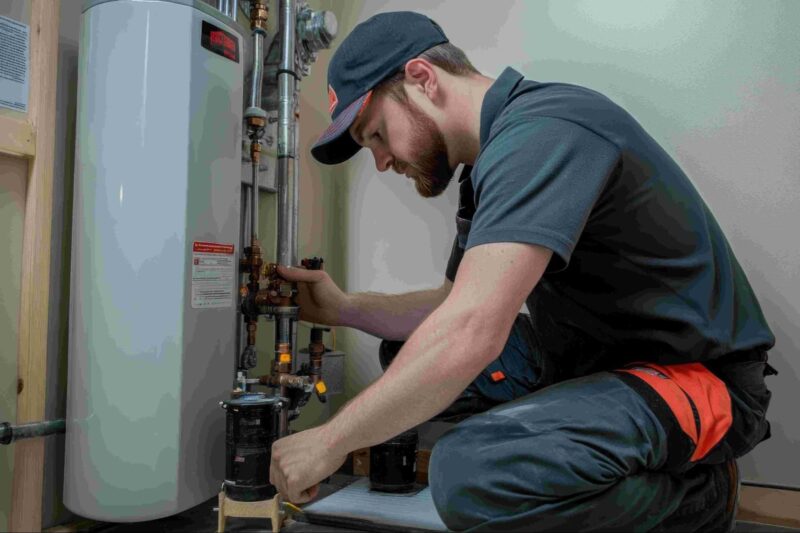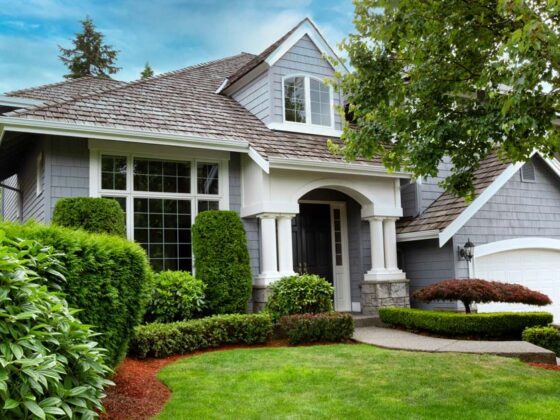Is your boiler costing you more than it should? Aged boilers waste energy, spike your energy costs without the correct heat output, and leave you shivering when they break down. Aside from that there are many reasons behind an inefficient at-home boiler.
Switching to an energy-efficient boiler isn’t just about saving money—it’s about improving comfort, reducing your carbon footprint, and ensuring optimum boiler thermal performance.
Dear reader, don’t go anywhere. This post will walk you through the most common warning signs that your boiler is past its prime. By the end, you’ll know exactly when it’s time to invest in a high-efficiency model—and why doing so will pay off in the long run.
Read on.
1. Your Energy Bills Keep Climbing Year After Year
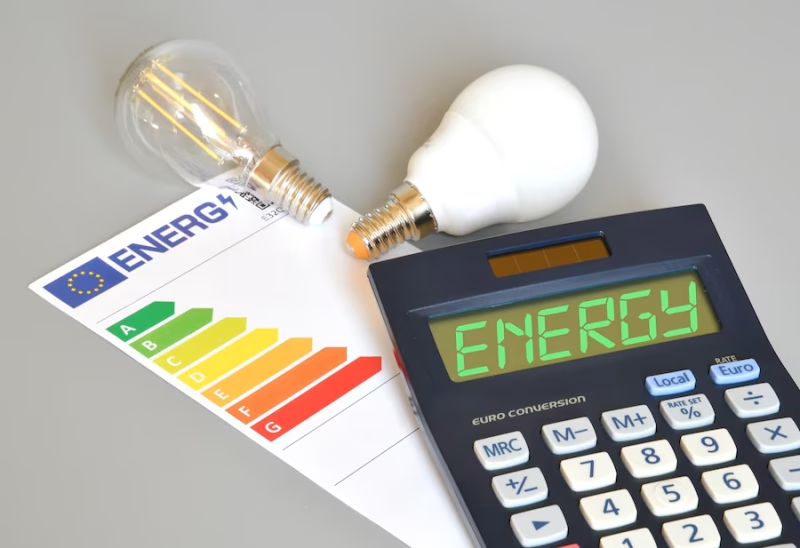
Have you noticed your heating bills creeping up, even though your usage hasn’t changed? This is one of the clearest signs your boiler is losing efficiency. Older boilers degrade over time, forcing them to work harder and burn more fuel to produce the same amount of heat.
Modern boilers in the United Kingdom, on the other hand, are designed to extract as much heat as possible from every bit of fuel. They achieve higher efficiency ratings compared to many of their older model counterparts. That means significantly less energy waste—and big savings on your monthly bills.
If you’ve been shrugging off those rising costs as ‘normal,’ take a closer look. A new energy-efficient boiler could start paying for itself in just a few years through lower energy use.
Say you’re in the United Kingdom and would like to switch to a new boiler. In that case, you can tap into resources like a free boiler grant in Liverpool and so on to make everything more financially bearable.
2. Your Boiler is More than 15 Years Old
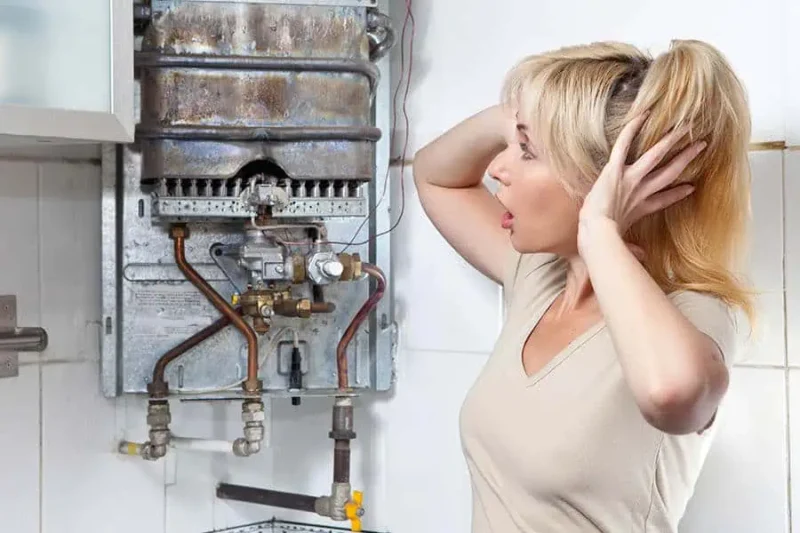
Like any appliance, boilers have a limited lifespan. Most experts agree that 15 years is the tipping point—after that, performance drops, repairs become more frequent, and hot water demands aren’t met efficiently.
If your conventional boiler is pushing two decades old, it’s almost certainly running at a fraction of its original efficiency. Meanwhile, the latest expert-rated boilers have advanced dramatically in recent years. New models have the following features not present in older, regular boilers:
- Condensing technology that recaptures heat from exhaust gases;
- Precise temperature controls to minimize energy waste;
- Advanced technology and better materials for long-term reliability; and
- Compact design to allow for low space footprint;
- Energy efficiency rating on new models certifying higher boiler efficiency.
Holding onto an outdated regular boiler isn’t just costing you money—it’s also a gamble on how much longer it’ll last before a major failure leaves you without heat.
3. Your Home Has Cold Spots or Uneven Heating
Do some rooms feel like a sauna while others are frustratingly chilly? Uneven heating is a classic symptom of an inefficient boiler that needs to be replaced very soon.
Older boilers often struggle to maintain consistent water pressure and temperature, leading to uneven heat distribution. Newer boiler brands solve this problem by:
- Pairing with smart thermostats to more efficiently turn fuel into heat;
- Supporting zoning systems that let you control heat room-by-room; and
- Maintaining steady pressure for reliable heating output everywhere in your home.
If you’re tired of piling on blankets in the living room while the bedroom feels like a furnace, an upgrade from traditional boilers could be the solution.
4. You are Constantly Calling for Repairs
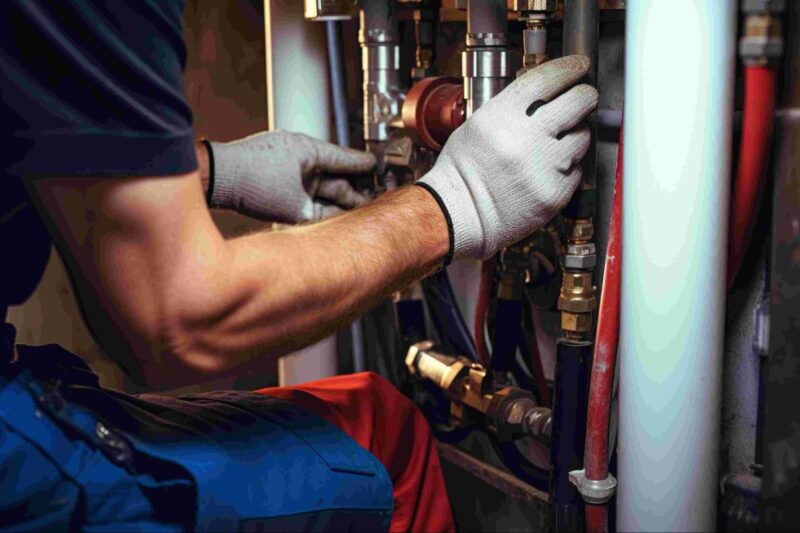
How often does your boiler need fixing? If you’re scheduling annual (or more frequent) repairs, those boiler costs add up fast.
Common issues like leaking pipes or valves, pressure problems, and ignition failures are all signs your boiler is on its last legs. While no system lasts forever, constantly patching up an old boiler is like pouring money into a car that’s ready for the scrapyard.
A new energy-efficient model won’t just reduce your repair bills—it’ll also come with a boiler warranty for added peace of mind. The upfront costs may be astounding bu
5. Your Boiler Makes Strange Noises
Experts agree with the following: a healthy boiler should run relatively quietly. If yours has started to present any of the following sounds:
- Banging or knocking (often from limescale buildup);
- Whistling or gurgling (usually air in the system);
- Rattling or vibrating (loose components); and so on,
…it’s trying to tell you something’s wrong. These noises often indicate problems that’ll only get worse—and more expensive to fix—over time.
Modern boilers run much quieter thanks to modern design and materials. If yours sounds like a haunted house, it’s time for an upgrade and pick something new from the different efficient heating systems available out there.
6. You Notice More Dust or Odd Smells at Home
A malfunctioning boiler can impact your home’s air quality. Watch out for increased dust (from poor combustion), sooty smells, metallic or ‘hot’ odors, and exhaust fumes (a serious carbon monoxide risk).
Any strange smells—especially chemical or burning odors—should be investigated immediately. New boilers have better safety features and combustion systems to prevent these issues from taking place at all.
7. Your Hot Water Takes Forever to Arrive
If you’re waiting minutes for hot water at the tap, your boiler’s efficiency is suffering. Luckily, modern combi boilers provide the following benefits: instant hot water on demand, their compact size, no wasted energy keeping a tank hot, and better flow rates.
No more standing around waiting for the shower to warm up!
8. You Want to Reduce Your Environmental Impact
Older boilers are energy hogs. Upgrading to an A-rated model can:
- Cut CO2 emissions and other waste gases significantly;
- Reduce fossil fuel consumption;
- Support cleaner air while maintaining optimal performance; and what not.
If sustainability matters to you, this is one of the most effective home upgrades you can make.
The Bottom Line: When to Make Your Move
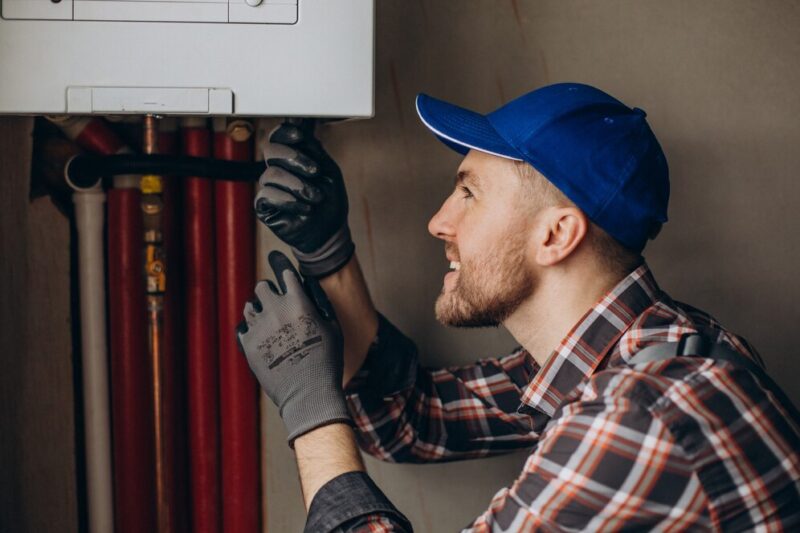
Don’t wait for your boiler to fail completely—that often means emergency replacement costs and days without heat. If you’re seeing multiple signs from this list, start planning your new boiler installation now.
A new energy-efficient boiler will lower your energy consumption, provide more reliable central heating, reduce carbon emissions, and come with warranty protection.
The initial investment pays off quickly in savings and comfort. Contact a qualified heating engineer today to discuss your options and get a boiler quote—your future self (and your bank account) will thank you.
